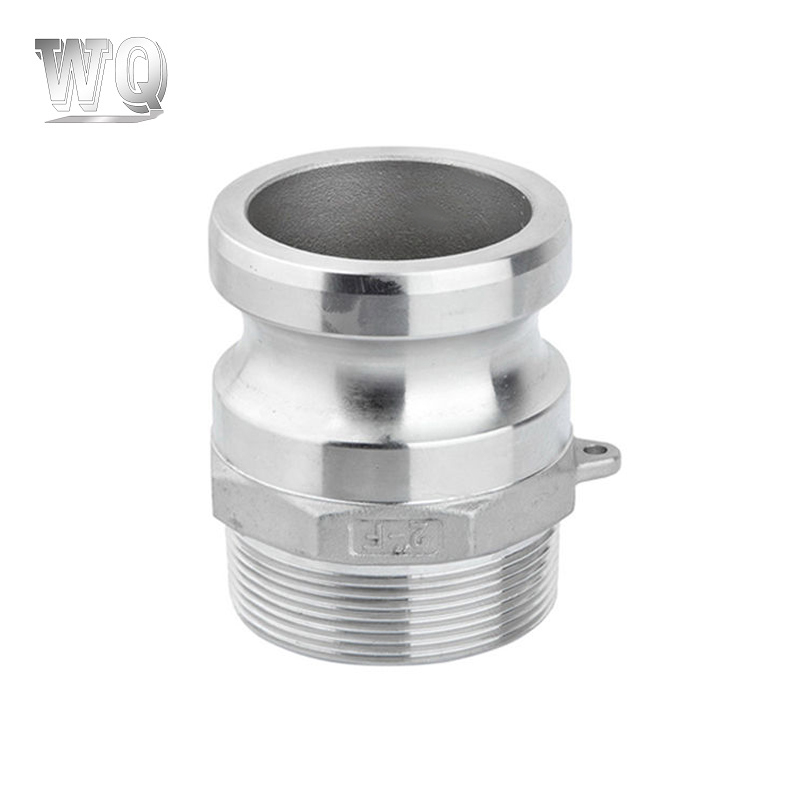Introduction to Stainless Steel BBQ Grill Burners
Stainless steel BBQ grill burners are essential components in modern gas grills, providing consistent heat and durability. Their construction from stainless steel not only enhances corrosion resistance but also ensures long-lasting performance under high temperatures. Understanding the safety of these burners is critical for both commercial and home use, as improper handling or low-quality materials can lead to accidents or reduced equipment lifespan. This article explores the safety features, potential risks, and best practices for using stainless steel BBQ grill burners.
Material Safety and Corrosion Resistance
One of the main safety advantages of stainless steel BBQ burners is their exceptional corrosion resistance. High-quality stainless steel alloys, such as 304 or 430 grades, resist rust and oxidation even when exposed to outdoor environments and frequent moisture. Corrosion can compromise structural integrity, leading to gas leaks or uneven heating, but stainless steel minimizes these risks, providing safer and more reliable operation.
Comparison of Material Grades
| Material Grade | Corrosion Resistance | Durability | Heat Tolerance |
| 304 Stainless Steel | Excellent | High | High |
| 430 Stainless Steel | Good | Moderate | Moderate |
| Aluminum | Low | Low | Moderate |
Heat Resistance and Safe Operation
Stainless steel burners are designed to withstand extremely high temperatures generated during BBQ grilling. This heat resistance ensures that burners do not warp or deform, preventing uneven flame distribution that could cause flare-ups or food burning. Safe operation requires that users follow manufacturer instructions regarding maximum gas pressure and preheating procedures to maintain structural integrity.
Preventing Flare-Ups
One of the common hazards in gas grilling is flare-ups, often caused by grease or food dripping onto the burners. Stainless steel burners, especially those with well-designed flame tamer covers or deflectors, reduce direct grease contact. Regular cleaning and monitoring further enhance safety by preventing grease accumulation, which could ignite unexpectedly.
Gas Leakage and Ignition Safety
A critical aspect of burner safety is preventing gas leaks and ensuring reliable ignition. Stainless steel burners are less likely to develop pinholes or cracks compared to lower-quality materials, minimizing the risk of propane or natural gas leakage. Users should inspect burners periodically for signs of wear, rust, or damage and replace them if necessary to maintain safe operation.
Safe Ignition Practices
- Always ignite the burner with the lid open to prevent gas buildup.
- Check connections and hoses for leaks using a soapy water solution.
- Avoid lighting a burner if you detect a strong gas smell.
- Use only manufacturer-recommended ignition systems or devices.
Maintenance and Longevity
Proper maintenance of stainless steel burners is essential for long-term safety. Regular cleaning removes accumulated grease and food debris that could cause flare-ups or corrosion. While stainless steel is corrosion-resistant, exposure to salt, acidic foods, or harsh cleaning chemicals can still cause damage over time. Routine inspections and cleaning schedules improve both safety and performance.
Maintenance Checklist
- Remove and clean burners every few months or after heavy use.
- Check for any rust spots, cracks, or warping.
- Ensure gas connections and valves are tight and leak-free.
- Replace damaged burners promptly to maintain safety.
Environmental and Usage Considerations
Stainless steel burners are suitable for both residential and commercial use due to their durability and safety characteristics. They are resistant to outdoor elements, including rain and humidity, which makes them ideal for backyard BBQs, patios, and professional grilling stations. Ensuring proper ventilation, keeping burners dry when not in use, and storing the grill in a protected area further enhance safety.
Conclusion: Ensuring Safe Use of Stainless Steel Burners
Stainless steel BBQ grill burners provide a safe, durable, and efficient solution for gas grilling. Their resistance to corrosion, heat tolerance, and structural integrity minimize common hazards such as flare-ups, warping, and gas leaks. Coupled with proper maintenance, safe ignition practices, and routine inspections, these burners can provide years of reliable and safe performance. Users can confidently enjoy grilling while minimizing risk by understanding and following safety best practices.










